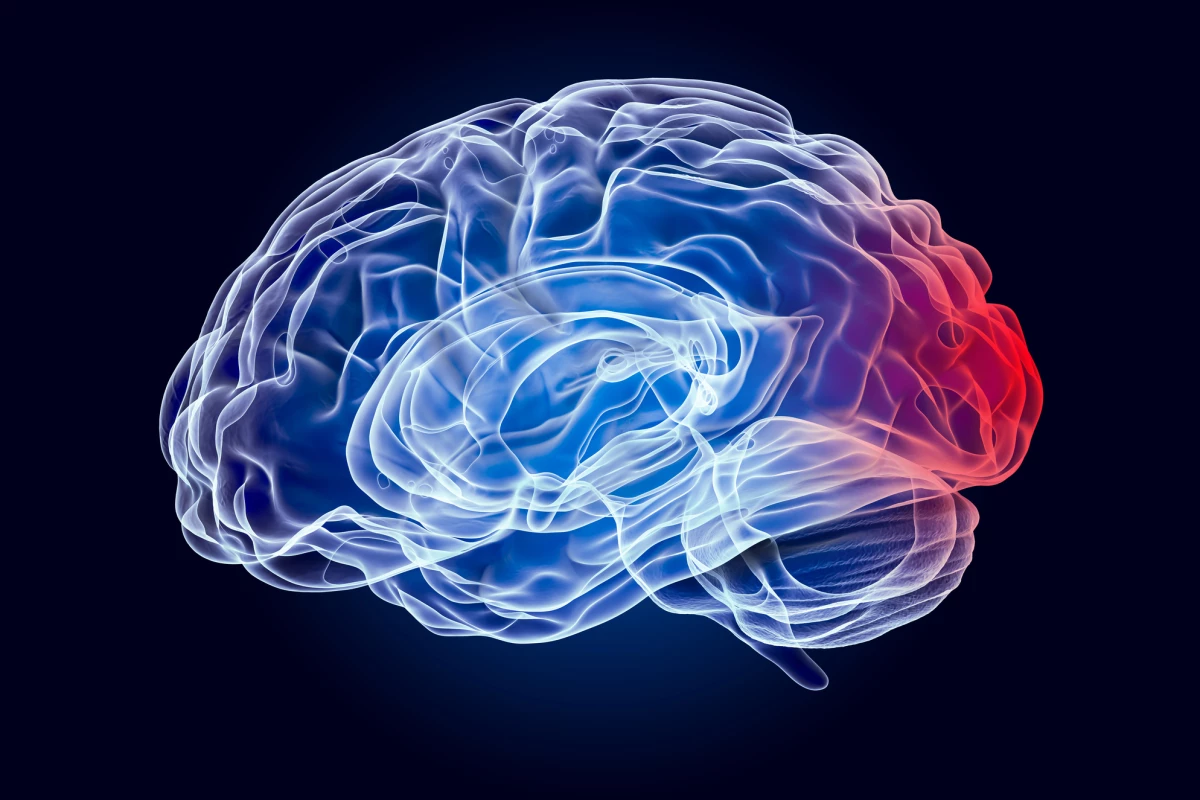The inherent difficulties in properly diagnosing concussion have scientists searching far and wide for biomarkers that clearly reveal the extent of a brain injury. For scientists at the Houston Methodist Research Institute, this search has led them to the communities of bacteria in the gut, where they've found that changes following a concussion could be used to reveal the state of recovery.
Where severe consequences of an impact to the head such as skull fractures or brain swelling may show up through X-ray imaging or CT scans, microscopic injuries that damage nerve cells may be so subtle that they go undetected. Having the subject self-report on things like dizziness, blurred vision or nausea is therefore the go-to diagnostic technique for medical experts making on-the-spot assessments, but the risk of underreporting and secondary brain injuries is very real among competitive athletes with an aversion to warming the bench.
The idea that concussion may create specific biomarkers that can be leveraged for a timely and definitive diagnosis is therefore an appealing one, with a number of research teams making inroads in this space. Blood testing is an area where we're seeing a lot of activity, with the FDA even approving the first such test in 2018, which traces two proteins that appear in the blood after a brain injury. Saliva and urine testing are other techniques showing potential.
Recently, scientists have also begun to explore the potential of our gut bacteria to reveal the tell-tale signs of a brain injury, and studies on animal models and cell cultures have provided promising signs. The Houston Methodist team investigated this further by tracking 33 college football players over the course of a season, collecting blood, stool and saliva samples at three intervals along the way to build a picture of their gut microbiomes.
Following instances of concussion, the team found a decrease in levels of two bacterial species that are normally abundant in healthy individuals. They also found correlations between proteins linked to traumatic brain injuries in the blood and bacteria linked to brain injuries in the stool. These may be the result of inflammation, caused by the concussion, that alters the proteins and molecules circulating through the body, breaching the intestinal barrier and reshaping gut bacteria and metabolism.
Together, these results offer early evidence that "detecting changes in the gut microbiome may help to improve concussion diagnosis following head injury," the researchers write in their paper. Much more work is needed, including studies with larger sample sizes, but these types of biomarkers could also one day be used to not just confirm concussion, but gauge how well a patient is recovering from the injury, according to study author Sonia Villapol.
"Until your gut microbiome has returned to normal, you haven't recovered," she said. "This is why studying the gut is so useful. It doesn't lie. And that is why there is so much interest in using it for diagnostic purposes."
The research was published in the journal Brain, Behavior, & Immunity—Health.
Source: Houston Methodist Research Institute via MedicalXpress




